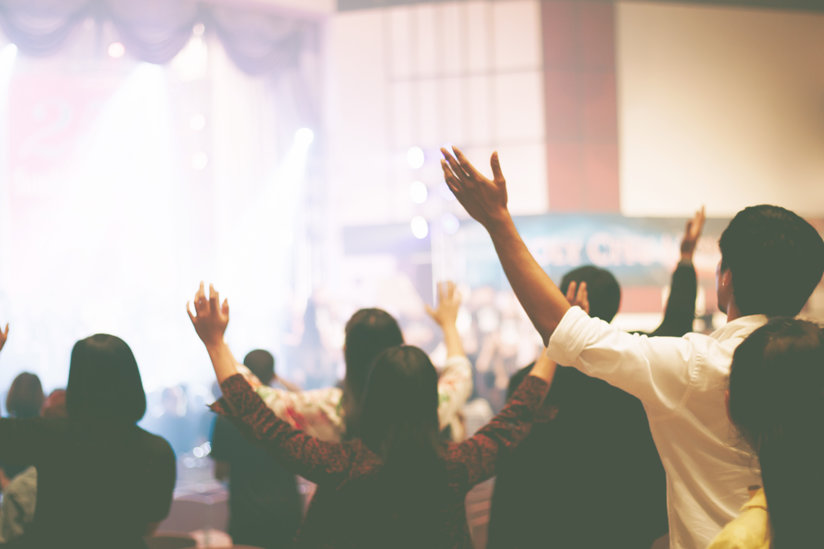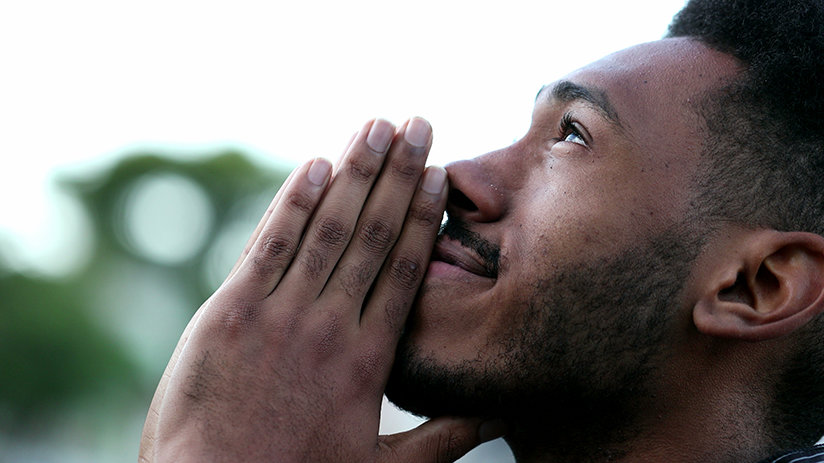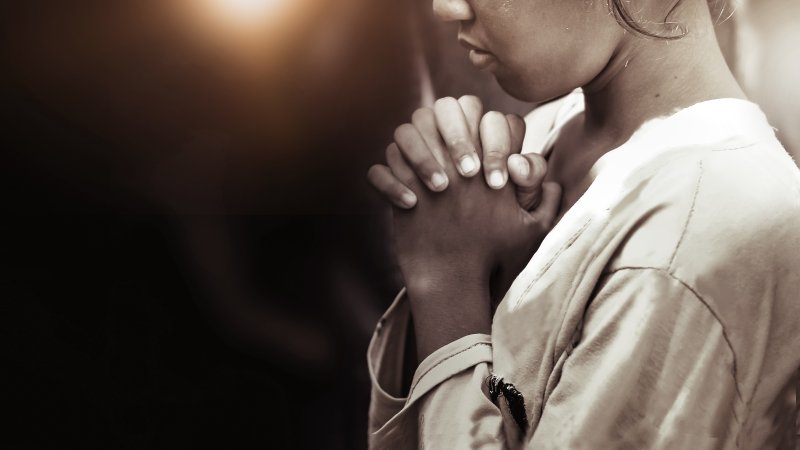
-
HOME
-
WHAT IS STANDOur Mission Our Values Our Help Contact
-
WHAT WE FIGHT FORReligious Freedom Religious Literacy Equality & Human Rights Inclusion & Respect Free Speech Responsible Journalism Corporate Accountability
-
RESOURCESExpert Studies Landmark Decisions White Papers FAQs David Miscavige Religious Freedom Resource Center Freedom of Religion & Human Rights Topic Index Priest-Penitent Privilege Islamophobia
-
HATE MONITORBiased Media Propagandists Hatemongers False Experts Hate Monitor Blog
-
NEWSROOMNews Media Watch Videos Blog
-
TAKE ACTIONCombat Hate & Discrimination Champion Freedom of Religion Demand Accountability
UK Judge Rules in Favor of Religious Expression
Universal human rights seems like it should be such a simple concept. If you read through the United Nations Universal Declaration of Human Rights you’d be hard pressed to find anything to disagree with.
But in the real world, respecting differences of viewpoint, opinion and lifestyle becomes more complicated. I was reminded of this when I came across a recent article about a British borough formally apologizing for removing bus ads promoting a religious festival put on by Christian evangelist Franklin Graham, son of the world-famous Billy Graham.

According to the article, “A judge ruled the removal of the ads was an unjustified interference in freedom of expression and ordered the borough and its transportation provider to post an apology.”
The ads were taken down when a local group’s social media campaign convinced the Borough Council that Graham’s opposition to same-sex marriage was offensive.
The ads themselves apparently only described the place and time for the festival with the slogan “Time For Hope” with no statement of specific beliefs for or against a specific position.
In the real world, respecting differences of viewpoint, opinion and lifestyle becomes more complicated.
I can imagine that for Christians around the world, someone like Franklin Graham represents that sense of real hope and optimism and a general worldview that brings comfort and purpose.
It’s also true that some traditional religious beliefs are directly at odds with certain values others hold dear, and might offend some.
But I believe that an open, honest exchange of deep-seated beliefs is one of our most precious resources as a culture, within communities. It takes a unique kind of courage to stand up and tell the world what you believe and hold most dear in spite of any potential reaction or repercussion you might experience.
Protecting freedom of religion and the ability to speak and share religious ideas and beliefs openly, honestly and freely is vital to the health and well-being of all people, regardless of what they choose to believe. Only through that kind of honest and transparent dialogue can we evolve our beliefs over time and come to higher, more embracive, more profound levels of understanding.
Repressing communication, however objectionable we might personally find it, is never the solution. I believe this judge made the right call and I believe in the vital importance of religion and churches to the health of individuals and the culture as a whole. I may not always agree with every tenet of a particular faith, but I respect the rights of every individual to choose his or her own belief system and to make a case publicly for its merits.









